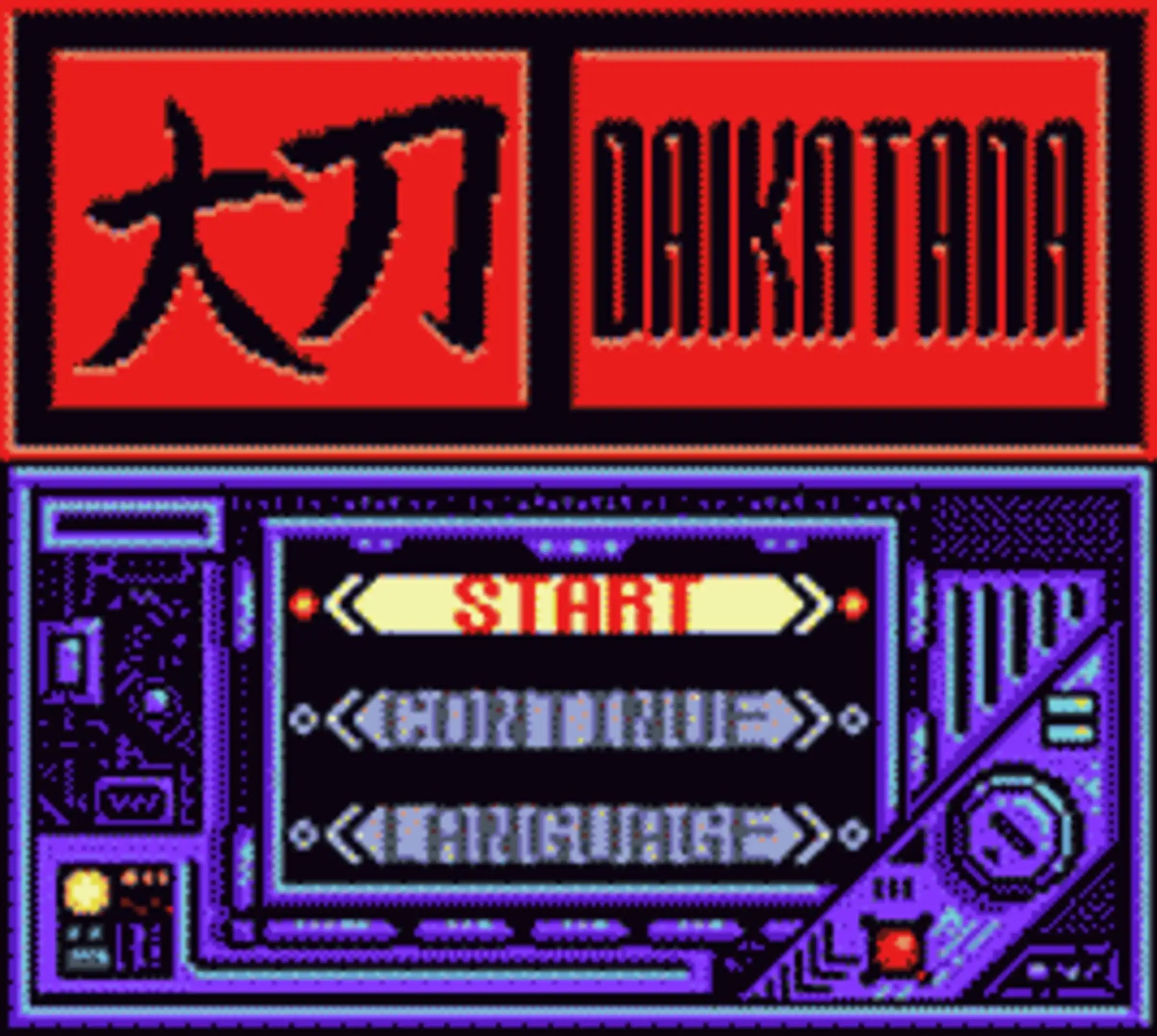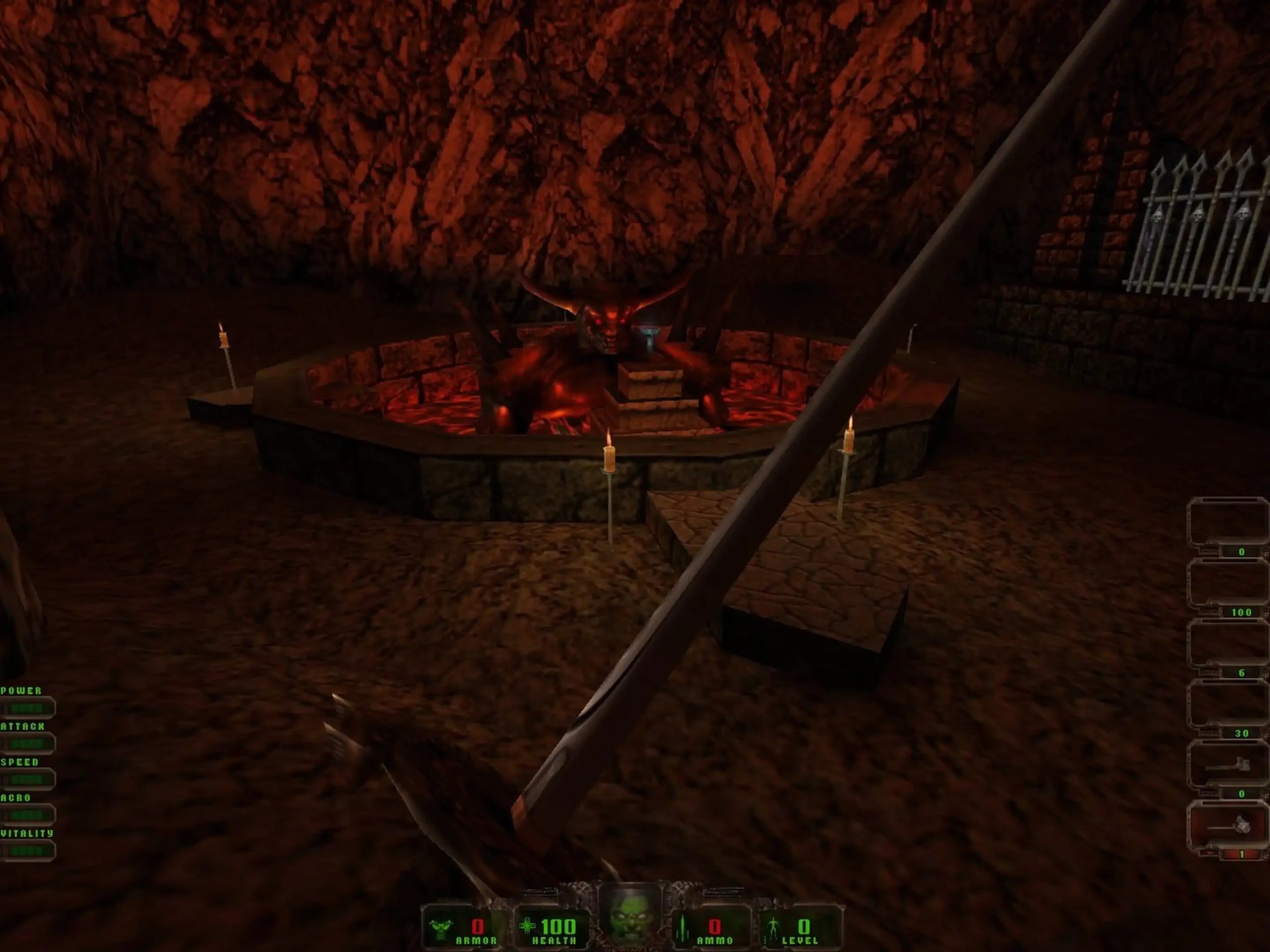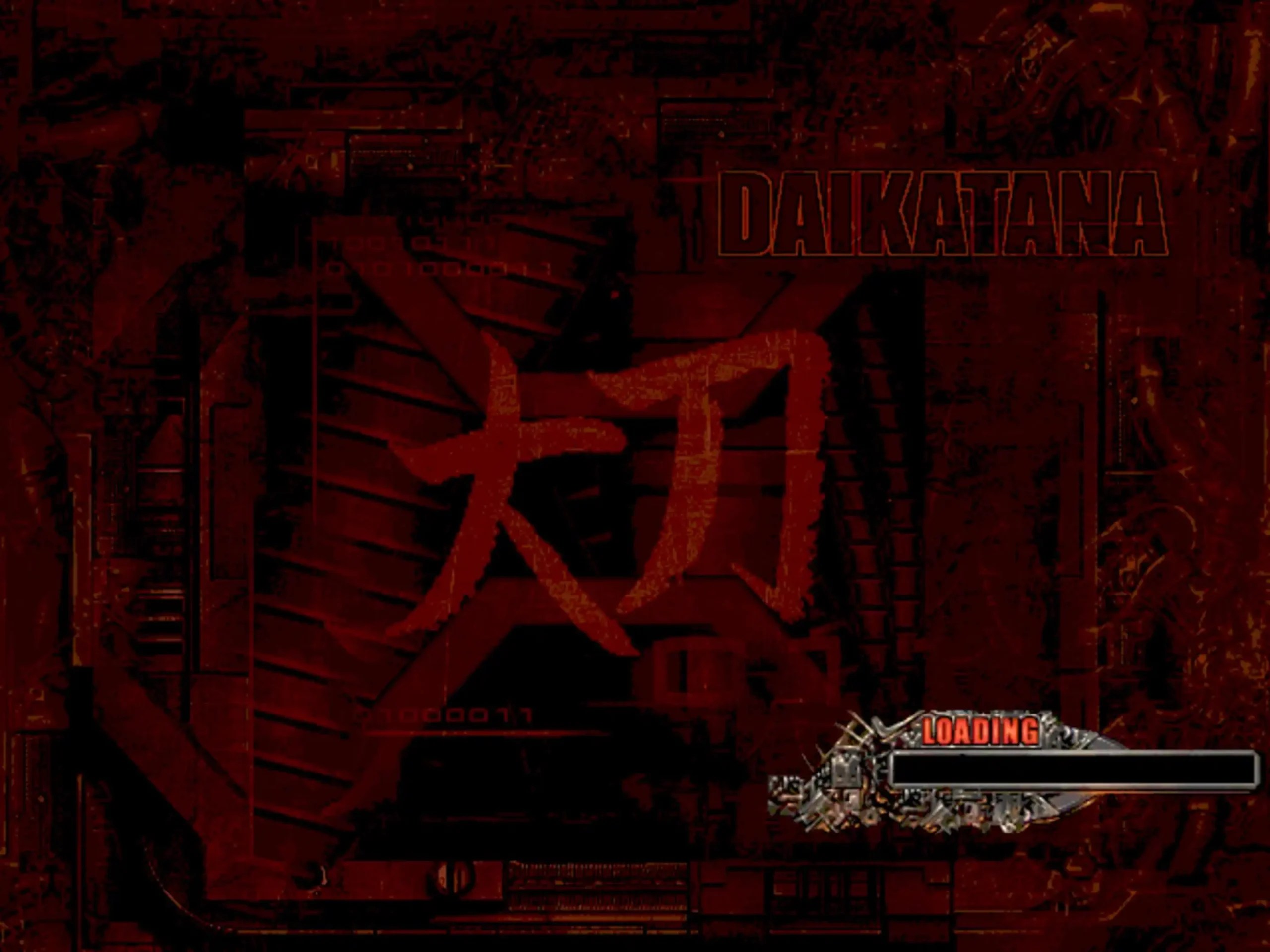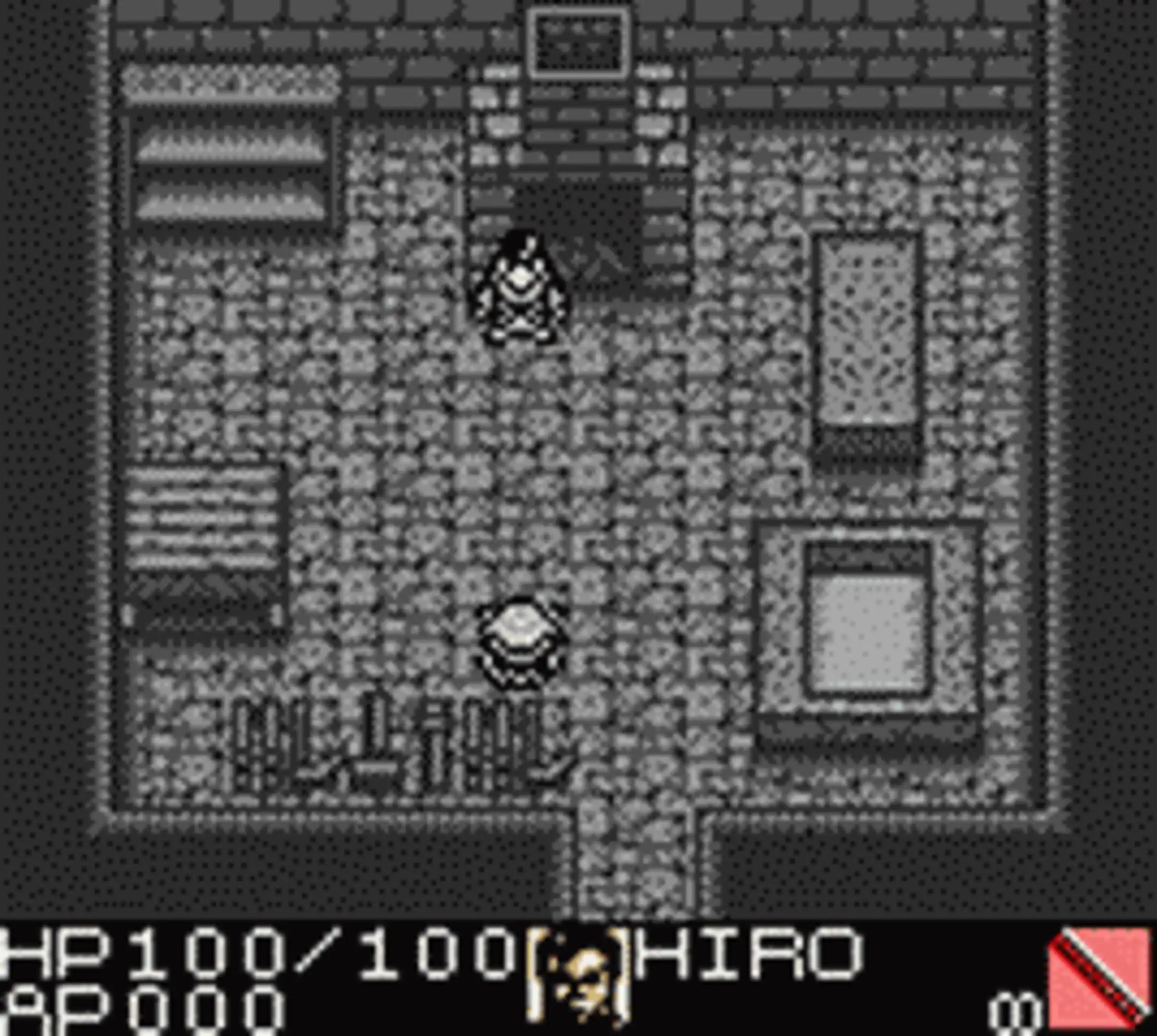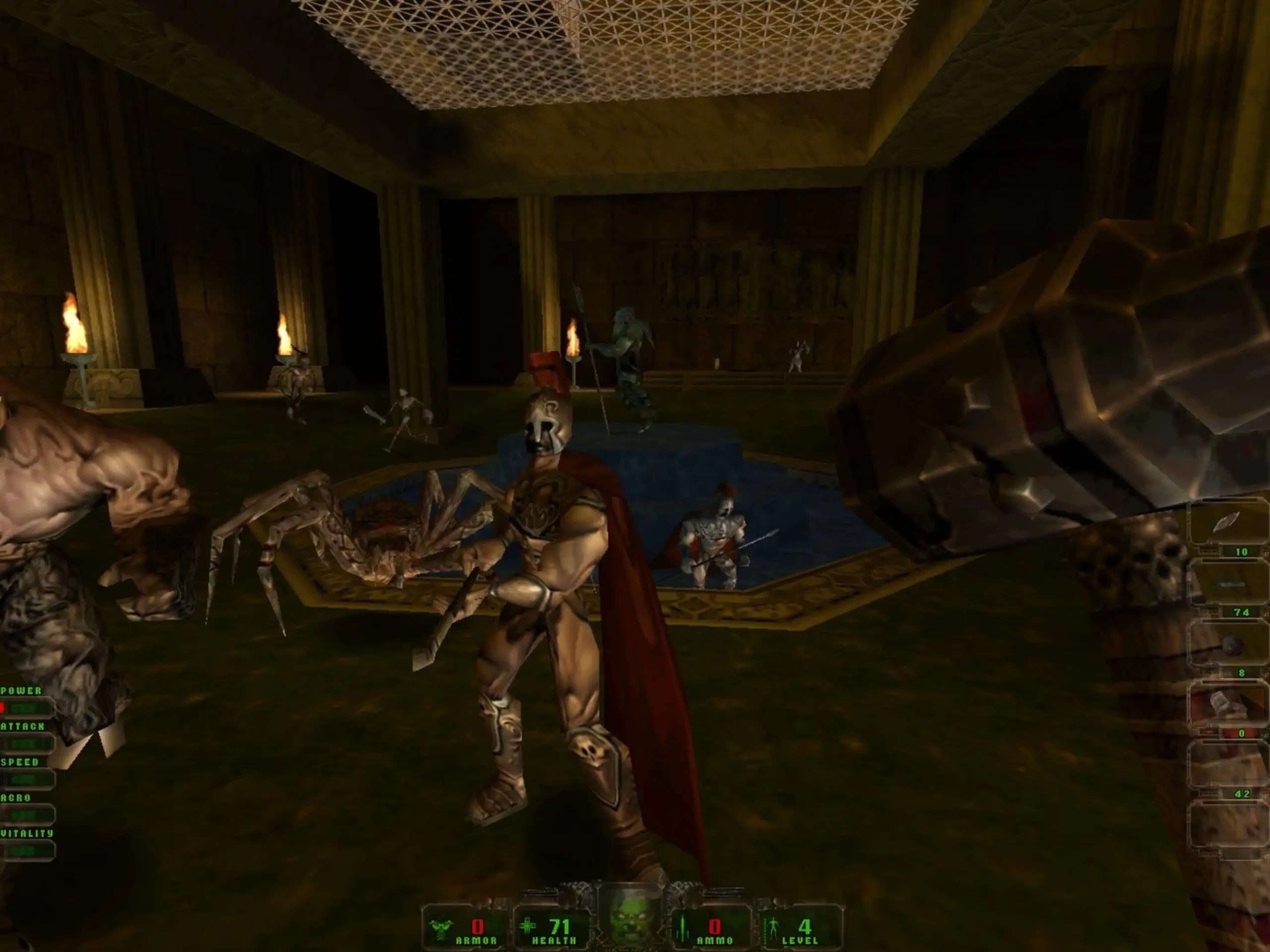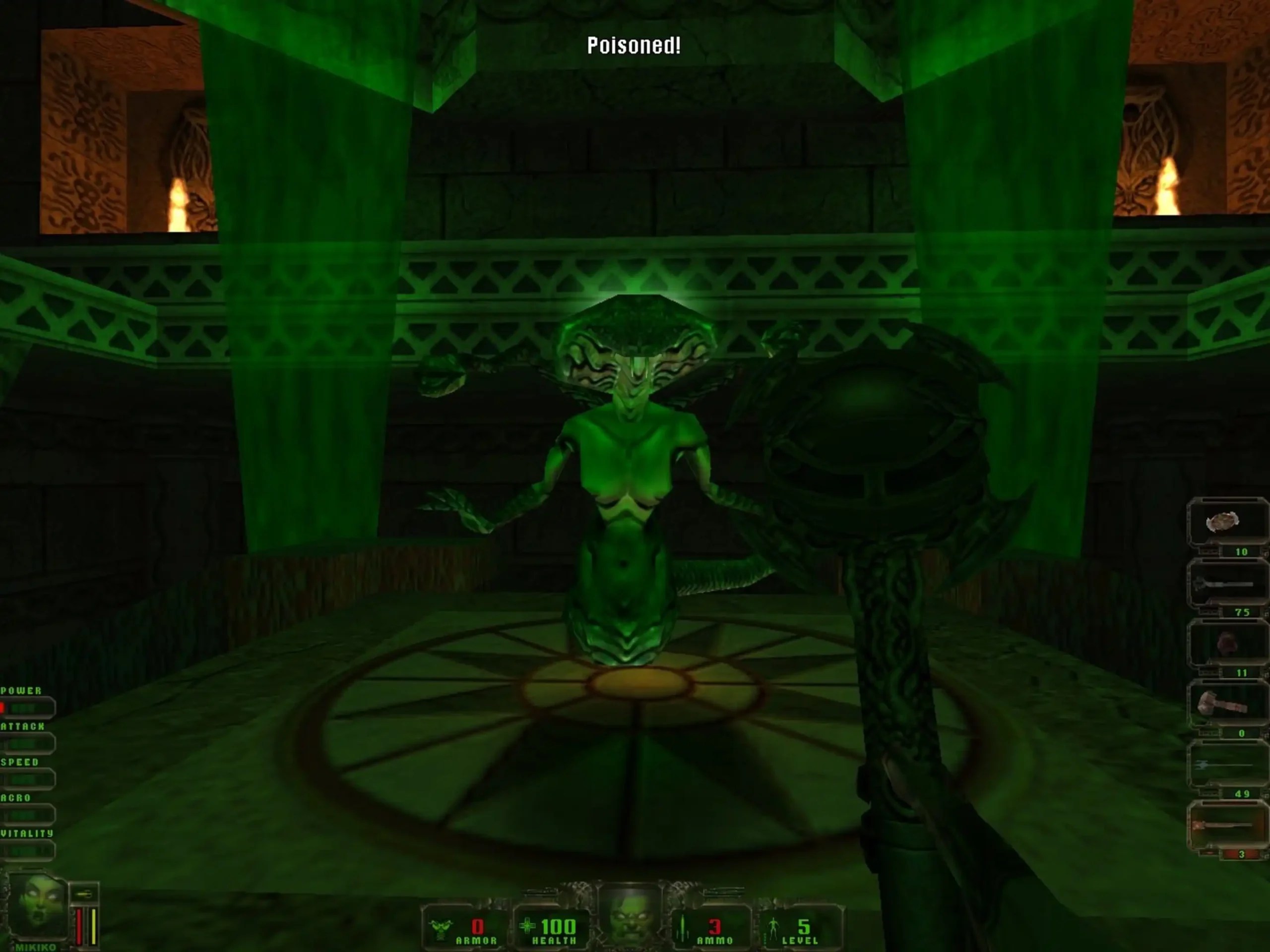Summary
- Release Year: 2000
- Genres: Puzzle, Shooter
- Platforms: Nintendo 64, PC (Microsoft Windows)
- Developers: Ion Storm
- Publishers: Kemco, Square Enix
Daikatana: An Ambitious Failure
Released in 2000, Daikatana was a first-person shooter game that was highly anticipated due to its pedigree. The game was developed by Ion Storm, a company founded by John Romero, one of the co-creators of the legendary Doom and Quake franchises. Daikatana also boasted an impressive voice cast, including Michael Dorn (Worf from Star Trek: The Next Generation) and Tia Carrere (Nani Pelekai from Lilo & Stitch).
Unfortunately, Daikatana failed to live up to expectations. The game was plagued by numerous bugs and glitches, and its gameplay was repetitive and uninspired. Critics also panned the game’s story and characters, which they found to be uninteresting and forgettable.
Despite its flaws, Daikatana is still a fascinating game to look back on. It is a testament to the ambition and hubris of the late 1990s, when game developers were pushing the boundaries of what was possible with 3D graphics and storytelling.
Development
Daikatana was first announced in 1997, and it quickly became one of the most anticipated games in development. Ion Storm was a new company, but it was led by John Romero, one of the most respected game designers in the industry. Romero had a reputation for creating fast-paced, action-packed shooters, and fans were expecting Daikatana to be his magnum opus.
The development of Daikatana was troubled from the start. The game’s scope was constantly changing, and Romero was known for his perfectionism. As a result, the game was delayed multiple times. By the time it was finally released in 2000, it was already two years behind schedule.
Gameplay
Daikatana is a first-person shooter game that is set in a futuristic version of Earth. The player takes on the role of Hiro Miyamoto, a Japanese swordsman who must travel through time to prevent the evil Kage Hishima from altering history.
The game features a variety of weapons, including guns, swords, and explosives. Hiro can also use his katana to deflect bullets and perform special attacks. The game also features a number of puzzles that must be solved in order to progress.
Story
The story of Daikatana is complex and convoluted. It involves time travel, alternate realities, and a cast of characters with unclear motivations. The game’s plot is often difficult to follow, and it is one of the aspects of the game that was most criticized by reviewers.
Reception
Daikatana was released to overwhelmingly negative reviews. Critics panned the game’s repetitive gameplay, poor AI, and numerous bugs. The game’s story and characters were also criticized for being uninteresting and forgettable.
Despite its poor critical reception, Daikatana sold over 100,000 copies in its first week of release. However, sales quickly dropped off, and the game was considered a commercial failure.
Legacy
Daikatana is often cited as one of the worst video games ever made. However, the game has also gained a cult following among some gamers who appreciate its ambitious scope and unique gameplay.
Daikatana is a reminder of the hubris of the late 1990s, when game developers were pushing the boundaries of what was possible with 3D graphics and storytelling. The game’s failure is a cautionary tale about the dangers of overambition and unrealistic expectations.
Conclusion
Daikatana is a fascinating game to look back on. It is a testament to the ambition and hubris of the late 1990s, when game developers were pushing the boundaries of what was possible with 3D graphics and storytelling. The game’s failure is a cautionary tale about the dangers of overambition and unrealistic expectations.
Review Score
6/10
Art
Cover Art
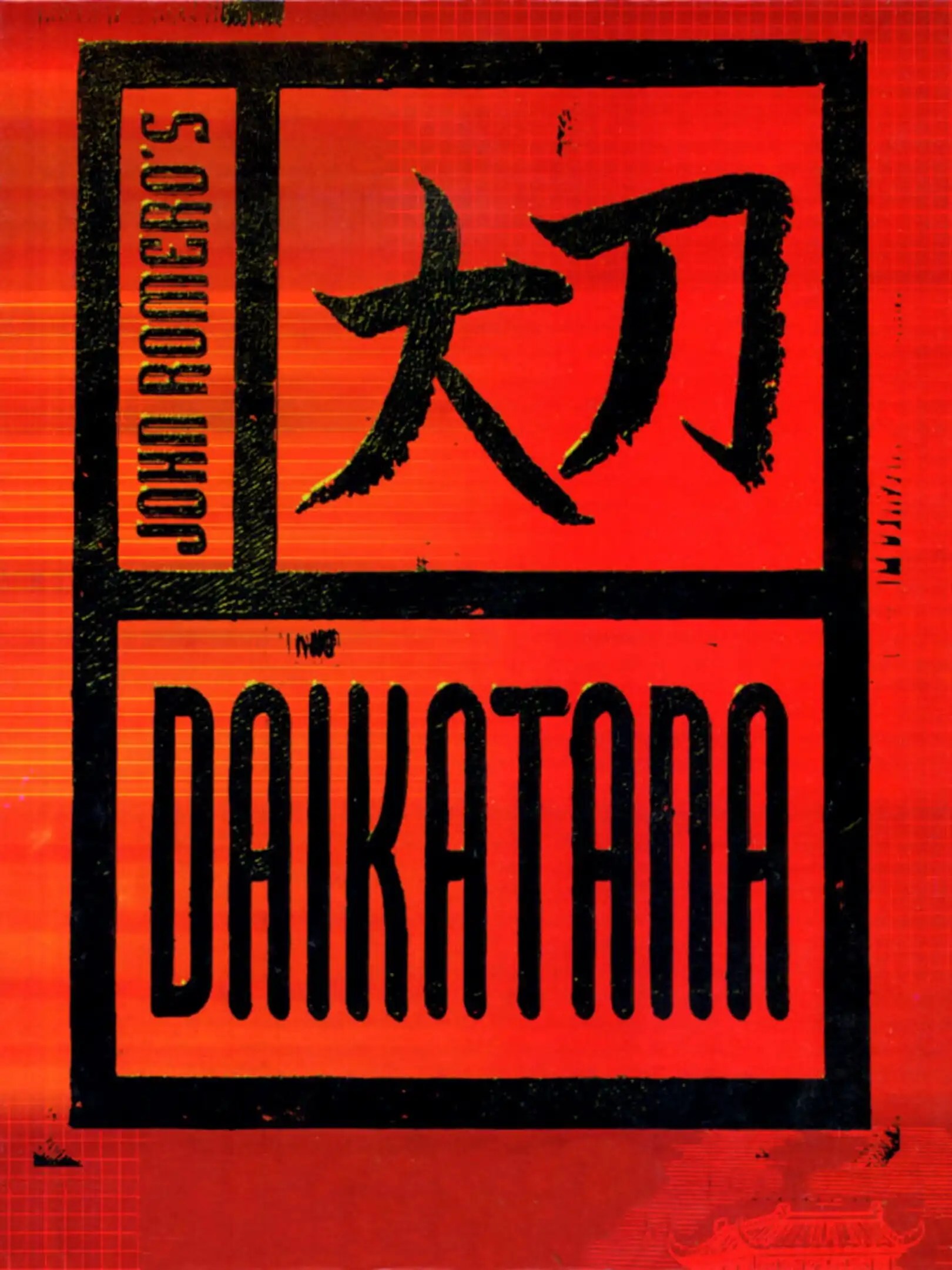
Screenshots
